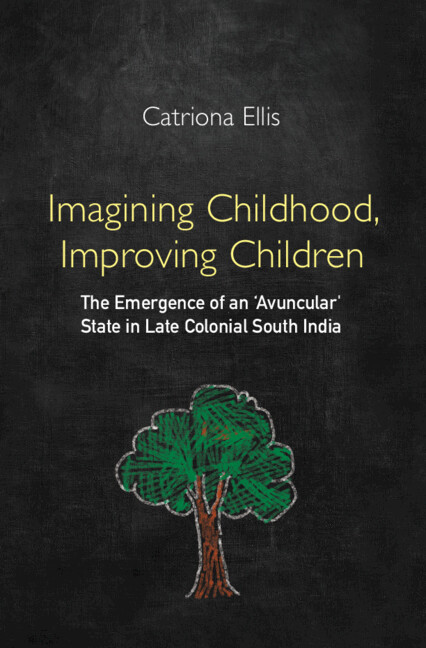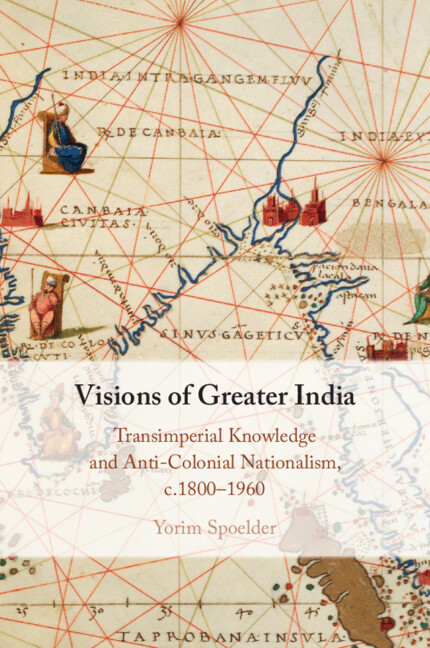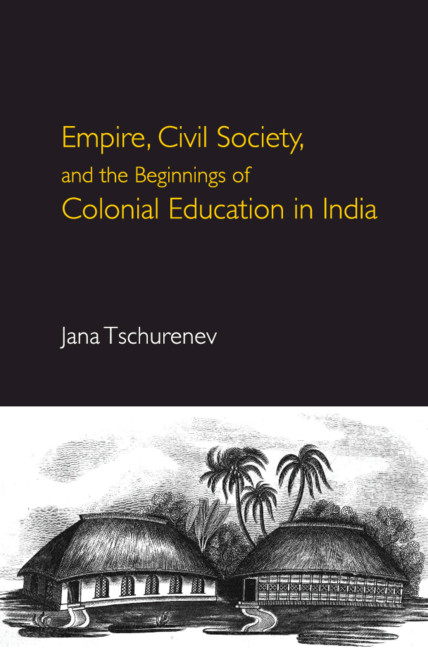Imagining Childhood, Improving Children
From as early as the 1920s, state policy towards children in South India was framed through the lens of a universal ideal of modern childhood. This reflected the participation of policy makers and civil society activists in global discourses of child-saving and the new opportunities of governance under the constitutional reforms of 1919. Children became viewed as both objects to be saved and investments as future citizens. The book considers how adults used this concept of universal childhood to conceptualise themselves as both modern and avuncular, gaining authority through an appropriation of familial terms as well as the claim to modern, scientific expertise. Through a detailed study of education, health and juvenile justice, the book reveals that the implementation of policy was still informed by other markers of difference, and contrasts adult intentions with the autobiographical memories of school, family, and peer relationships.
- Benefit to research community by focusing on a previously understudied area
- Showcases previously unused archives
- Brings together literature from age of consent, juvenile justice and education controversies under the banner of childhood
Reviews & endorsements
‘This book represents a far-reaching and perceptive investigation into the making of childhood in late colonial Madras Presidency. Meticulously researched and very readable, it provides insightful and nuanced analysis of how debates around colonial modernity and indigenous familial relations and networks played out in constructions of childhood citizenship.' Talat Ahmed, University of Edinburgh
‘A highly original and illuminating study on the development of a universal ideal of modern childhood in South India, dating back to the 1920s, when state policy toward children was shaped through a lens of child-saving and new experiences of governance. Employing child-centric theory, Ellis explores how policymakers viewed children as both objects to be saved and investments as future citizens. The book insightfully highlights the influence of caste, class, gender, and religion on childhood policies, exposing intellectual inconsistencies. Ellis also contrasts adult intentions and actions with the autobiographical memories of Indian childhoods, revealing the complex realities of childhood relationships with school, family, and peers. The book raises important new themes and agendas for the writing of Indian social history in the twentieth century.' Crispin Bates, University of Edinburgh
Product details
October 2023Hardback
9781009215206
372 pages
235 × 158 × 25 mm
0.57kg
Available
Table of Contents
- Acknowledgements
- List of Abbreviations
- Introduction
- 1. The Child at School: Compulsory Education in the Madras Presidency
- 2. Educating the Child: The Introduction of Compulsory Education in Madras City
- 3. Imagining the Child as Learner: Progressive Pedagogy in the Madras Presidency
- 4. Producing the Healthy Schoolchild
- 5. Saving the Child: The Madras Children Act, 1920, and the Beginnings of a Juvenile Justice System
- 6. Protecting the Poor Child: The Practical Expansion of Juvenile Justice
- 7. Defining Childhood: Sexual Parameters of Childhood
- 8. Remembering Childhoods: Childhood Memories in Autobiographies
- Conclusion: Children, Childhood and the Growth of the Avuncular State in South India
- Bibliography
- Index.









